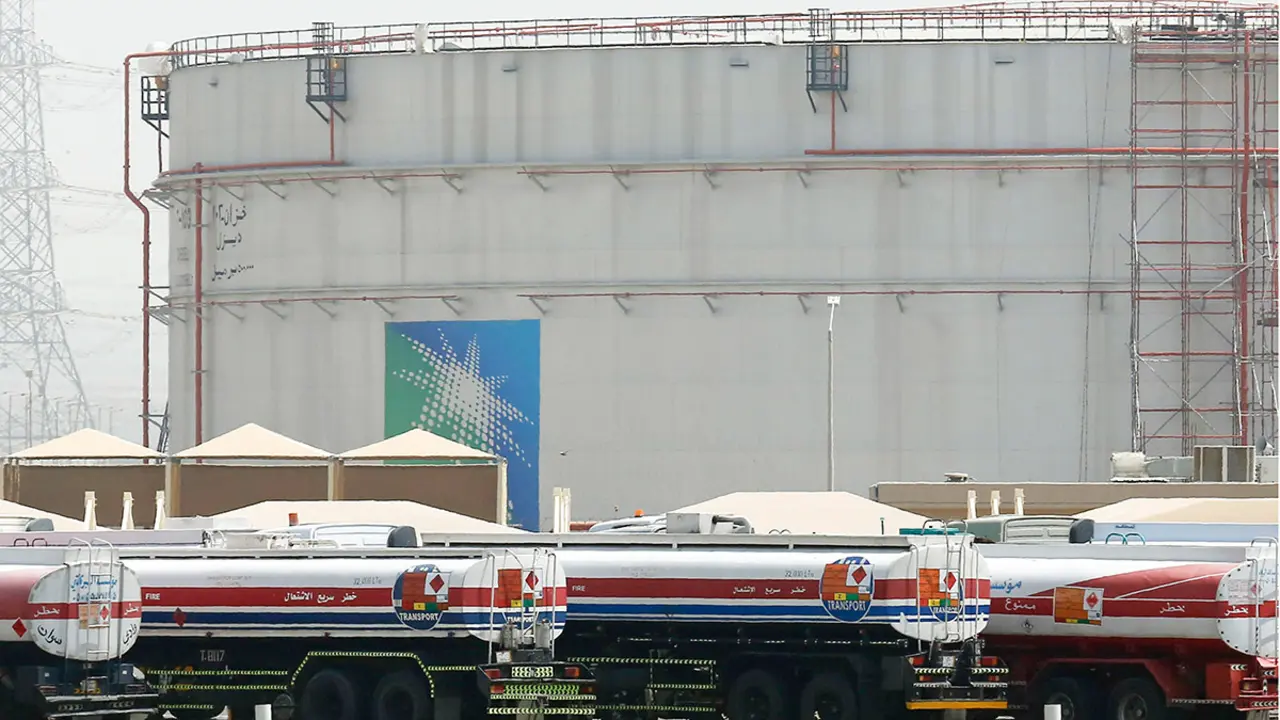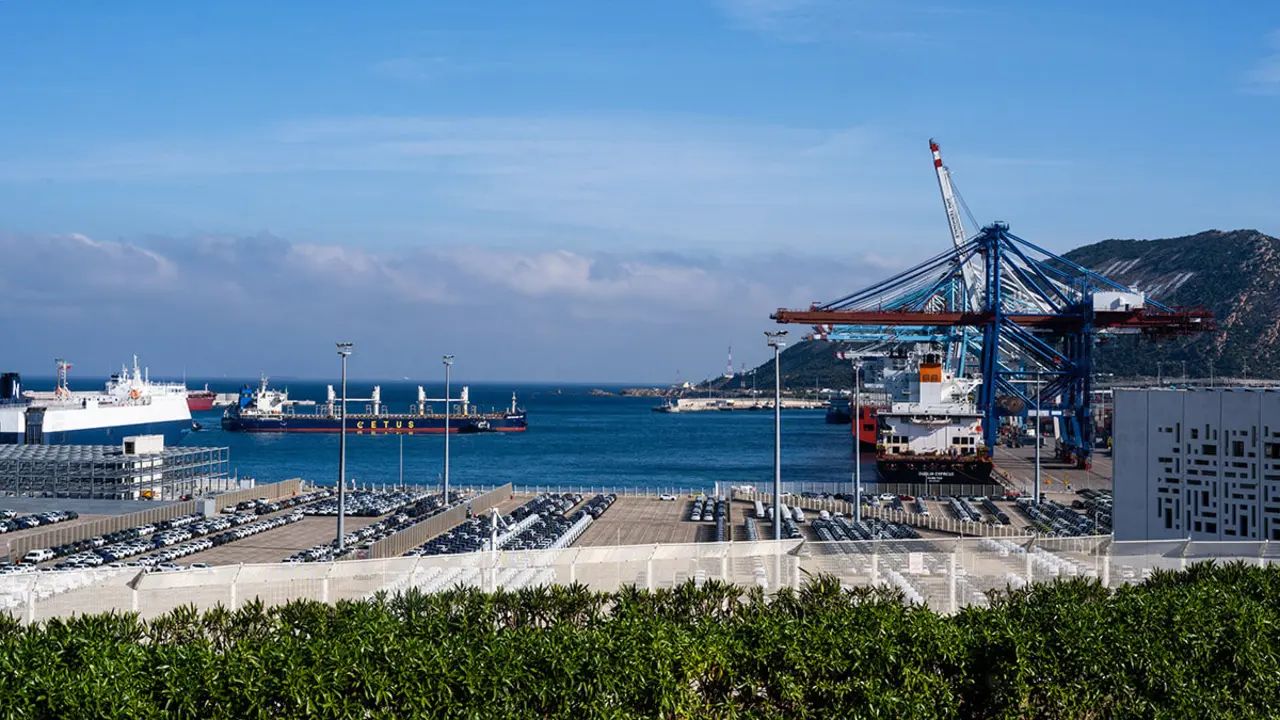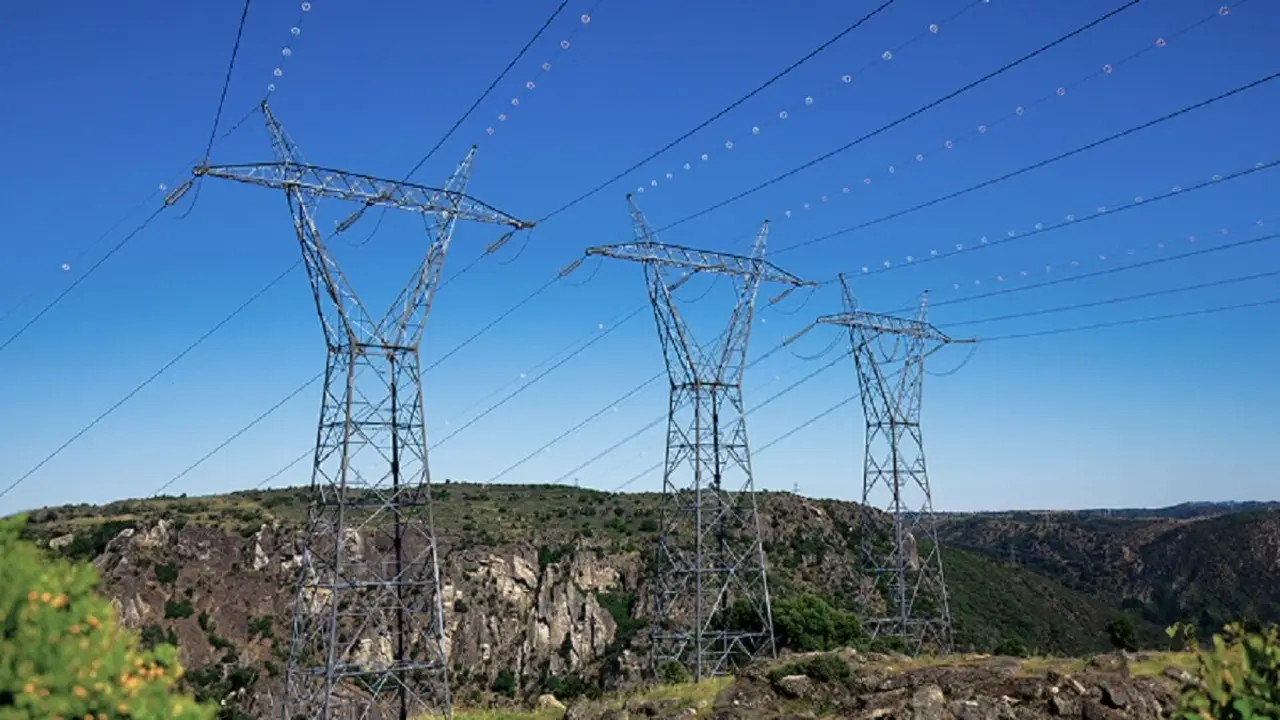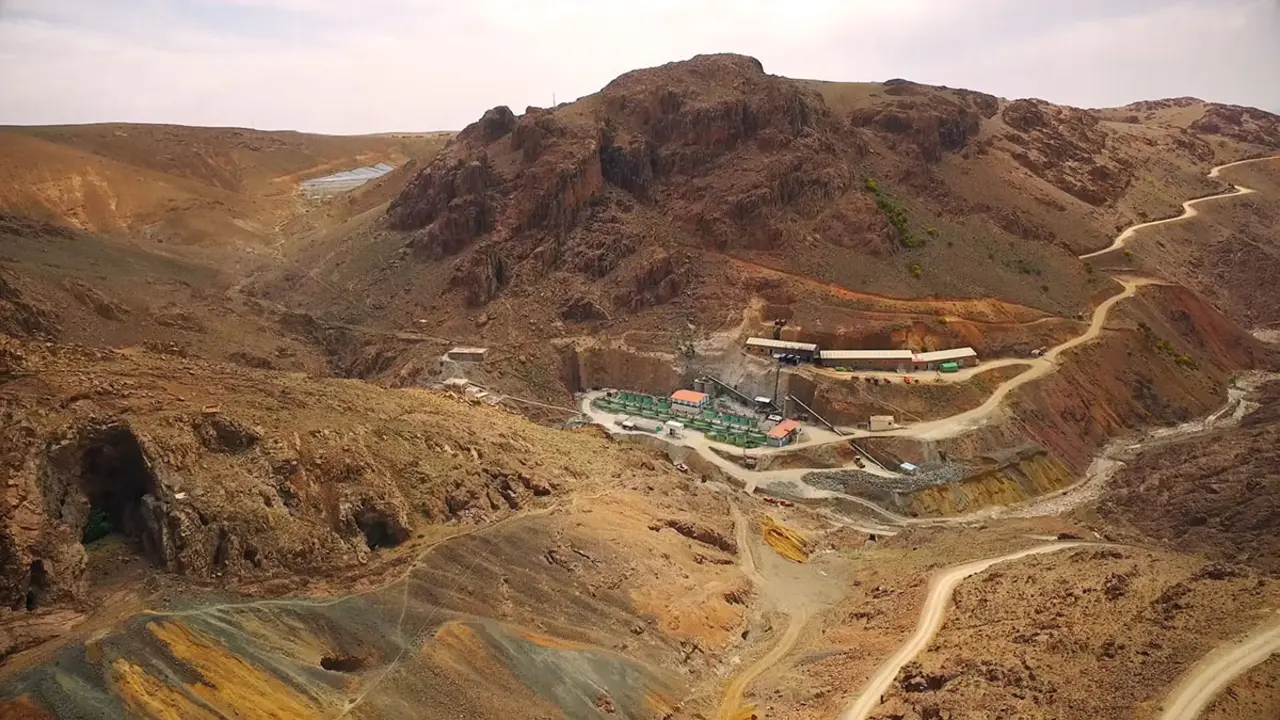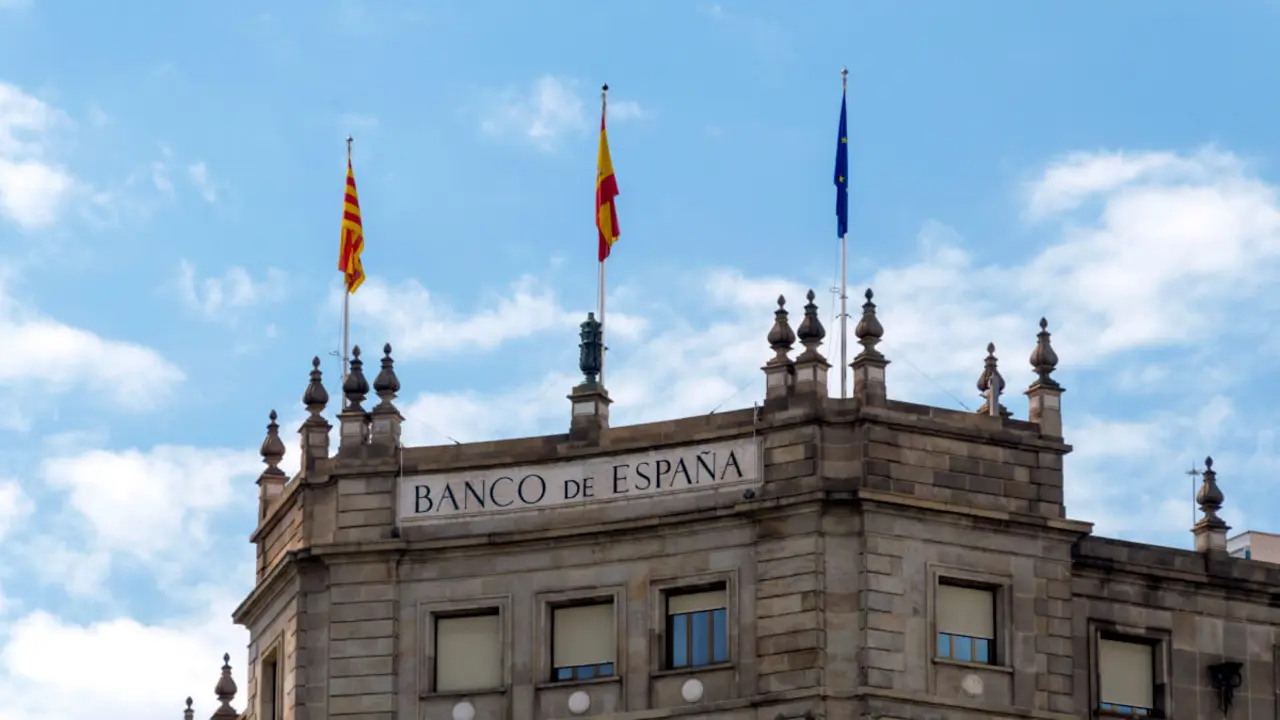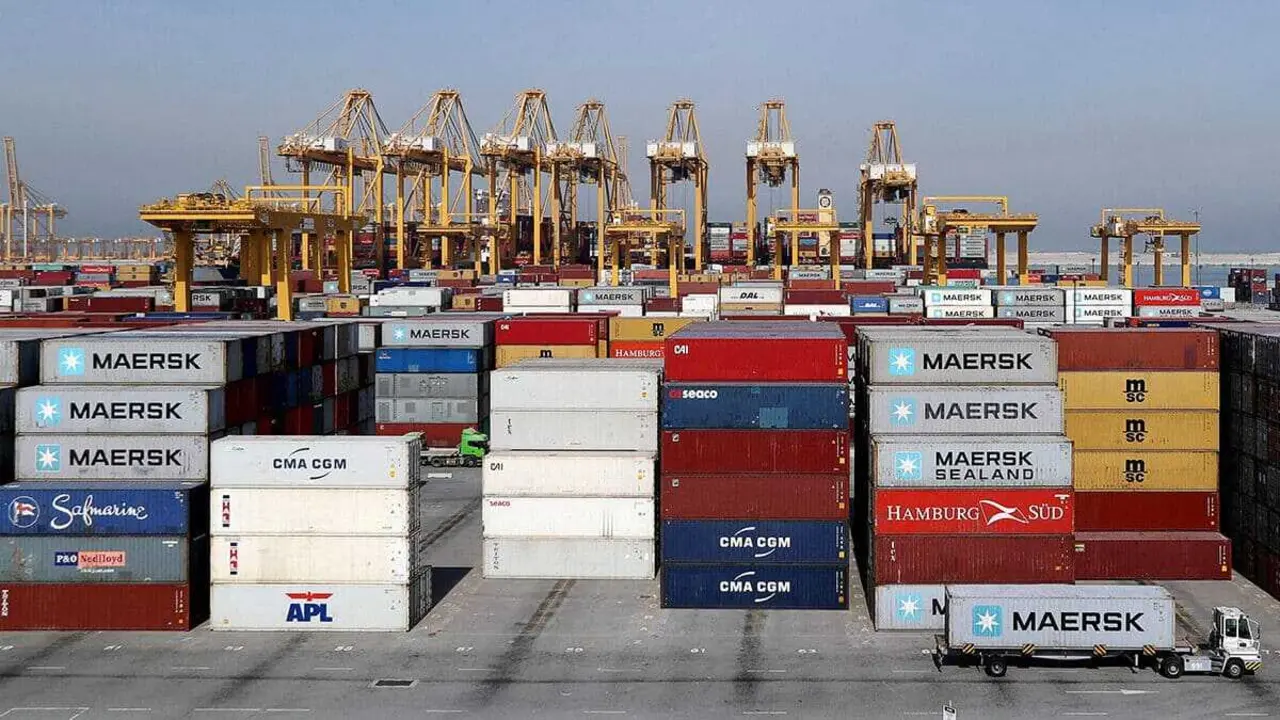Emirates reiterates its support for OPEC in the face of possible cutbacks in crude oil production
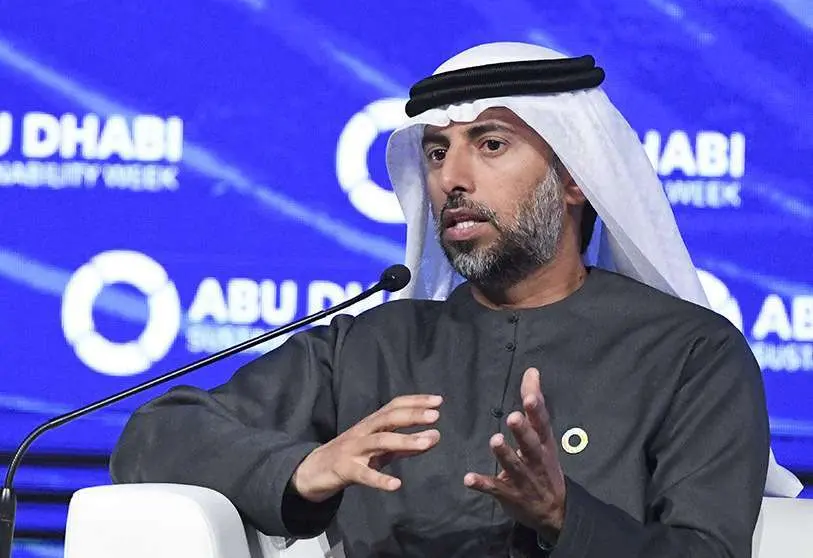
The energy minister of the United Arab Emirates (UAE), Suhail al Mazrouei, reiterated his support for the Organisation of Petroleum Exporting Countries (OPEC) and its partners (OPEC+) in the face of a possible modification of the production cut, thus denying comments on their possible withdrawal from the organisation.
"The United Arab Emirates has always been a committed member of OPEC and we have demonstrated this commitment through our compliance with the current OPEC+ agreement," the energy minister told the Emirate newspaper The National. "As a reliable and longstanding member of OPEC, we have always been open and transparent in all our decisions and strategies in support of OPEC," he said, thus settling the dispute.
At noon today, the barrel of Brent oil, the benchmark price in Europe, was down 0.9 percent at noon and trading at $43.95 due to the possibility of the United Arab Emirates leaving the OPEC, according to media reports published in recent days, without any official confirmation from the UAE.
The Emirati minister referred to the historic cut in the joint production of the group of 23 countries of 9.7 million barrels per day (mbd)-nearly 10 percent of the world's oil supply-agreed in April to offset the slump in energy demand caused by the COVID-19 pandemic.
The agreement envisages keeping pumping limited according to a three-phase plan: the 9.7 mbd reduction that governed between May and July was moderated to 7.7 mbd from 1 August and the plan is for it to be relaxed again to 5.8 mbd on 1 January, a level that would be maintained until April 2022.
However, the Saudi energy minister, Abdulaziz bin Salman, said last Tuesday during a monthly videoconference of an internal committee of the OPEC+ alliance (the Organisation of Petroleum Exporting Countries and ten independent producers, including Russia and Mexico, that they should "be prepared to act in accordance with market requirements". With this statement he suggested a possible modification of this production cutback by the second wave of the coronavirus pandemic, which is affecting the whole world and is again paralysing certain economic sectors. The OPEC estimates that the recovery in crude oil consumption will be considerably weaker than expected when the 1.9 mbd increase that would result from the entry into force of the third phase was agreed, and several countries are therefore now advocating postponing this increase until well into 2021.

